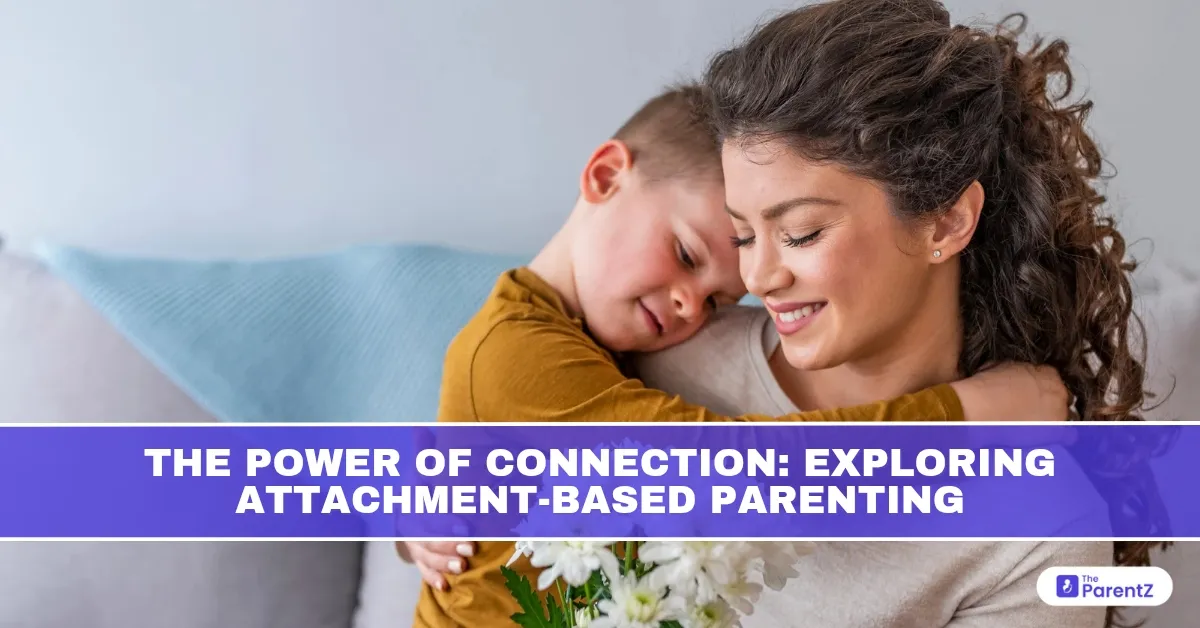In a world filled with parenting strategies, self-help books, and endless opinions from every corner of the internet, one quiet but powerful approach has stood the test of time: attachment-based parenting. It’s not about being the “perfect parent,” nor is it about helicoptering your way through childhood. It’s about building a strong emotional bond with your child—one that supports their emotional, social, and even physical development.
If you've ever wondered why your child melts down when you're out of sight or lights up the second you return, you're already seeing attachment in action.
Read this article to know what attachment-based parenting really means, and why it might be one of the best decisions you make as a parent.
What Is Attachment-Based Parenting?
At its core, attachment-based parenting is grounded in the idea that children thrive when they feel safe, loved, and understood. Developed from the research of British psychologist John Bowlby, attachment theory suggests that a child’s early relationship with their caregiver shapes how they view the world—and themselves—for the rest of their life.
It’s less about rigid rules and more about emotional responsiveness. It's about meeting your child where they are, whether that’s a crying newborn at 2 a.m. or a sulking tween after a rough day at school.
In short, it's connection over control.
In fact, children with secure attachments are more likely to develop empathy and compassion, form healthy friendships and relationships, handle stress more effectively, and feel confident in exploring the world.
It's About Being Present When It Matters
One of the biggest myths around attachment-based parenting is that it requires 24/7 availability. The truth is, you don’t have to be perfect—you just need to be consistently responsive.
That means when your child is upset, you’re there to comfort them. When they’re excited, you celebrate with them. When they’re curious, you explore alongside them. These “connection moments” build trust and teach children that their feelings matter.
Effective Tips To Develop Attachment in Everyday Life
You don’t need a degree in psychology or endless hours of free time to be an attachment-based parent. Here’s how you can nurture it in simple, everyday ways:
- Listen before you fix: When your child comes to you with a problem, pause before jumping in with a solution. Sometimes they need your ear more than your advice.
- Respect their emotions: Whether it’s a broken toy or a friend who didn’t share, show your child their feelings are valid—even if the problem seems small to you.
- Rituals of connection: Morning hugs, bedtime stories, a special handshake—these daily touchpoints build security.
- Repair after rupture: Yelled during a rough moment? Ignored them when you were stressed? Apologize. Kids don’t need perfect parents; they need parents who model repair and resilience.
Conclusion
If you’ve ever rocked your baby at midnight, cried after yelling, or stayed up worrying whether you handled something the right way—you’re not failing. You’re connecting. You’re showing up. You’re parenting with your heart.
At the end, attachment-based parenting isn’t a style—it’s a relationship that’s built with every moment you choose presence over perfection.





Be the first one to comment on this story.